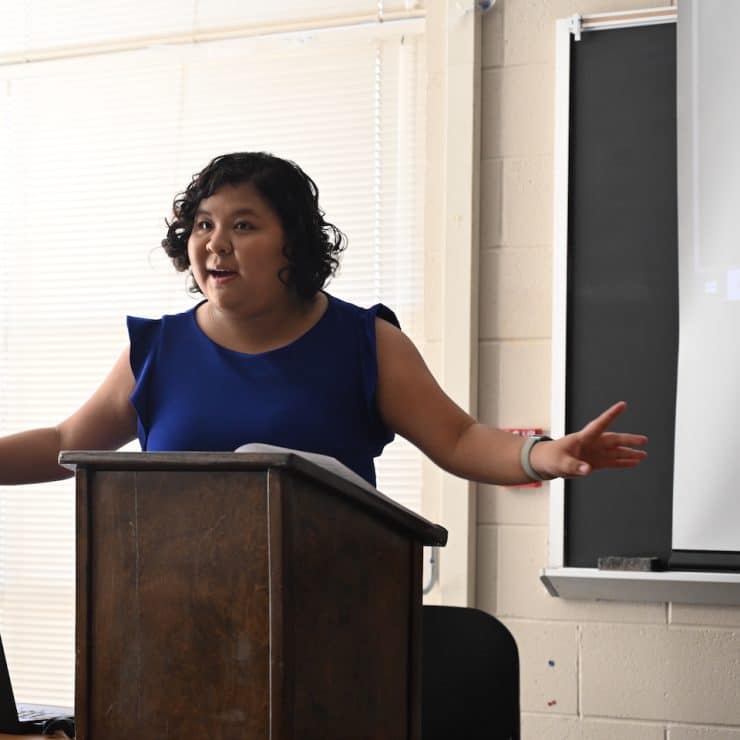
History
The study of History is one foundation of a liberal arts education. Historical study is not the memorization of long lists of dates, names, and places. It is an attempt to comprehend the past on its own terms, to consider the factors that lead to historical change, to enhance our understanding and appreciation of other cultures, to consider the human experience over time and place.
Common Career Paths
While many undergraduate degrees lead to jobs directly tied to their major, history majors have access to many jobs in a variety of industries. Some of the more well-known careers for history majors include librarian, museum archivist, history professor, historian, or researcher. However, you may have not known about other jobs including park ranger, journalist, writer, business consultant, or lawyer.
Common Salary Ranges for Graduates
As mentioned above, there’s a long list of career opportunities for those with history degrees. But, the U.S. Bureau of Labor Statistics reports the average annual salary for the following positions (which may require additional education) in North Carolina in 2021:
- History teacher (postsecondary): $79,490
- Historian: $73,790
- Archivist: $58,430
Average Tuition Cost
The average cost for an incoming residential freshman to attend MU is less than $18,000 – similar to the cost of attending one of the big-box public schools, but with the enhanced value of a highly-regarded private school with a 12:1 student-to-faculty ratio.
While tuition varies, depending on a student’s financial aid package, it’s important to know that the average financial award for an incoming residential freshman at MU is more than $34,000.
Financial Aid & Scholarships
More than 97% of MU students receive some form of financial aid, with the University offering more than $24 million annually to students for scholarships. If a student is active military, family of active military, or a veteran, they may also qualify for MU’s military education benefits.
Interested in Methodist University’s History program?
If you have questions, see the FAQ below or reach out to Dr. Patrick O’Neil using the contact info at the bottom of the page. If you’re ready to apply today, click the button below!
Frequently Asked Questions
While many undergraduate degrees lead to jobs directly tied to their major, history majors have access to many jobs in a variety of industries. Some more well-known careers for history majors include librarian, museum archivist, history professor, historian, or researcher. However, you may have not known about other jobs including park ranger, journalist, writer, business consultant, or lawyer.
Similar to other majors, an internship isn’t necessarily required to earn your degree or even earn a job in a field related to history. However, internships provide great opportunities for you to expand your knowledge while gaining valuable workplace experience that could place you in a better position to earn a job related to history.
Goals
This course of study will prepare students for a wide variety of careers. Teaching on the secondary level is one common career path for history majors, but their skill set also qualifies them for a number of graduate and professional programs, including public history, law school, public administration, international relations, information science, and masters-level business programs. Students will develop skills in research, analysis, critical thinking, close reading, the recognition and creation of reasoned arguments, and the evaluation of supporting evidence to produce superior essays and papers.
Contact
Patrick O’Neil, Ph.D.

